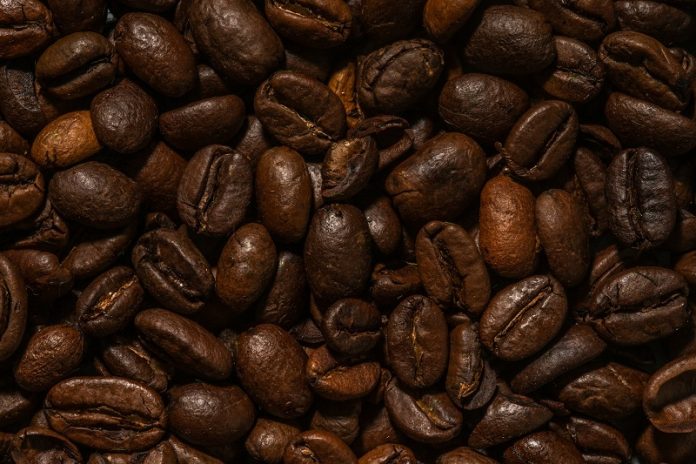
Coffee enemas are trending again, thanks to celebrity endorsements and social media hype.
But despite claims that they “detox the body” or even treat cancer, experts say they are more likely to harm than help.
Even King Charles and Gwyneth Paltrow have been connected to coffee enema controversies.
In 2004, King Charles (then Prince of Wales) mentioned Gerson therapy—a strict alternative cancer treatment that includes multiple daily coffee enemas—in a speech, drawing criticism from health professionals.
Years later, Gwyneth Paltrow promoted a DIY coffee enema kit on her lifestyle site, Goop, which again raised red flags among medical experts.
So why do people keep trying coffee enemas?
Supporters claim they “flush out toxins” and cleanse the colon. Coffee enemas are a big part of Gerson therapy, which also includes a vegetarian diet and lots of fruit juice.
The belief is that coffee stimulates the liver, opens the bile ducts, and helps remove waste from the body.
But here’s the truth: there’s no solid scientific proof that coffee enemas work, especially for serious conditions like cancer. No major cancer organization supports them. In fact, studies show more reports of harmful side effects than benefits.
Some people who used coffee enemas reported rectal burns, inflammation, and even serious conditions like proctocolitis (swelling of the colon and rectum). Coffee enemas can also flush out important minerals, like potassium, leading to dehydration, muscle weakness, and irregular heartbeats.
Using enemas too often can weaken your bowel muscles, making it harder to go naturally. It may also upset the balance of healthy bacteria in your gut, causing bloating, cramps, or infections.
The bottom line? Your body doesn’t need help “detoxing.” The gut is a self-cleaning system. Eating a fiber-rich diet—fruits, vegetables, whole grains, and seeds—supports healthy digestion and may even lower the risk of certain diseases, including cancer. Experts recommend at least 30g of fiber per day, but most adults only get around 19g.
Also, stay hydrated and consider adding fermented foods like kimchi, kefir, or kombucha to boost gut health naturally.
Ironically, drinking coffee—not inserting it—is actually good for you. Research shows that moderate coffee consumption may lower the risk of heart disease and other health problems.
It’s easy to be influenced by what you see online, but always ask: Is this advice backed by science? Before trying any alternative therapy, it’s best to talk to a doctor or qualified healthcare provider—not just follow the latest wellness trend.
If you care about health, please read studies about the best time to take vitamins to prevent heart disease, and vitamin D supplements strongly reduce cancer death.
For more health information, please see recent studies about plant nutrient that could help reduce high blood pressure, and these antioxidants could help reduce dementia risk.



